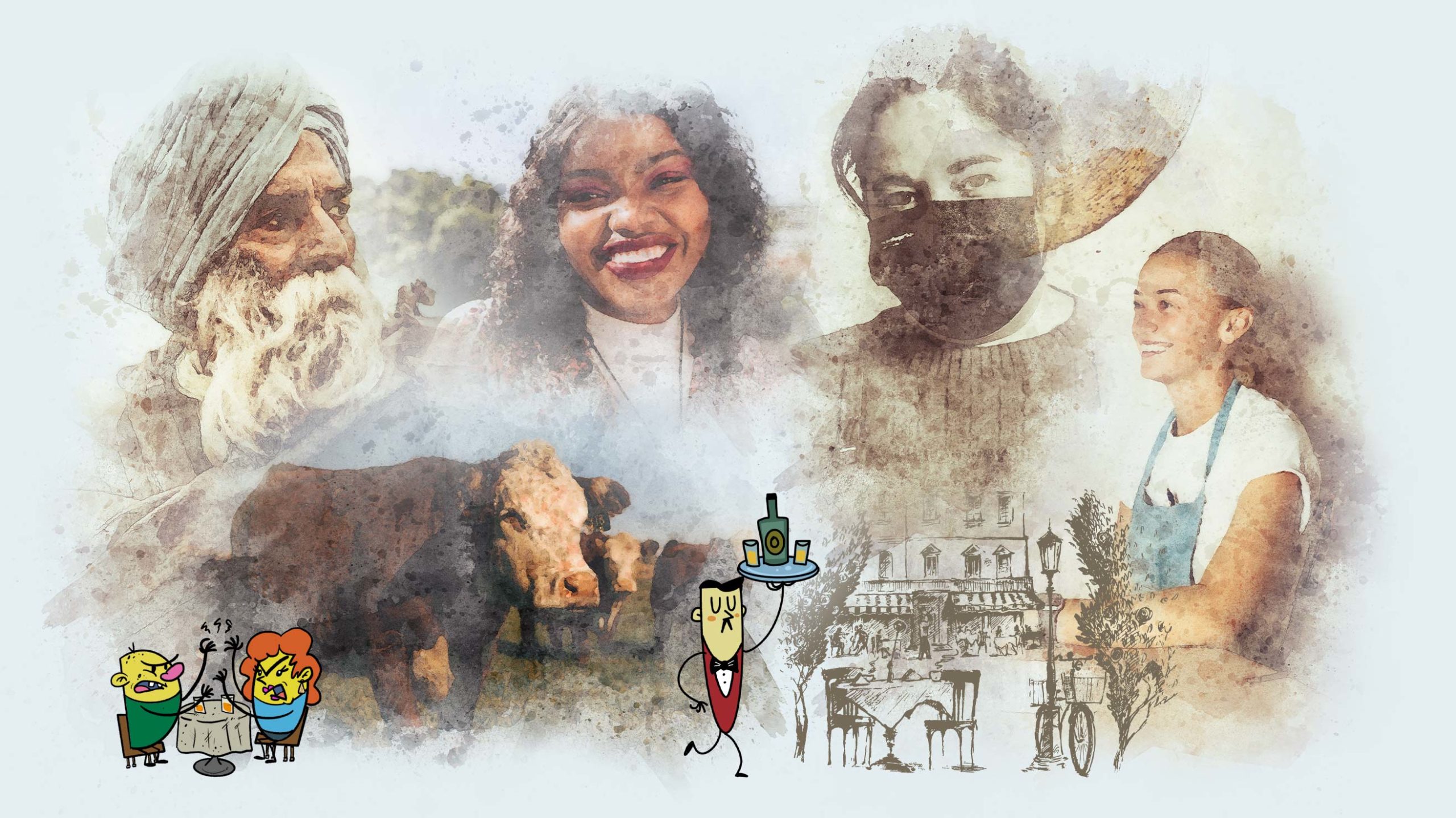
2021 in Review
Reflections from the Life & Thyme editorial desk.
It’s difficult to summarize a year that has somehow felt like five years condensed into one. January of 2021 feels like it was just upon us—as well as a lifetime ago—with the inauguration of a new president and the Gamestop short squeeze that captivated the internet. Last winter and the surmounting fears around Covid spikes feels as though it could have been yesterday, as we currently face down new variant surges. But if you ask me what I remember most from early last year, my first answers would be the Ever Given’s untimely stay in the Suez Canal and vaccines becoming available.
Maybe the feeling of the year slipping by comes from an active avoidance of pausing to reflect on what has actually happened. Why would you want to stop and think more about heading into the third calendar year living in a pandemic, or the countless other tragedies we’ve seen splayed across news headlines? It’s more than any one person could, or should, take in.
Yet, here we are, about to reflect on the last year at Life & Thyme. While the world often feels like it’s ending, we’ve made it our mission to tell stories around food that offer solutions, and above all, hope. Our work focuses on how we can do better—as individuals, as communities, and as a society.
So maybe we’re here to make a case for reflecting. How are we supposed to move forward and grow if we turn down the opportunity to look back?
Editorial
During a year that made you want nothing more than to turn inward, it became our goal to look outside of our own day-to-day and report stories from around the world about people who are leaving an impact on their own communities and elevating voices that are systematically underrepresented.
Explore selections from our year in editorial below.

On Protest and Revolution
Zainab Onuh-Yahaya tells the story of the #EndSARS protests against police brutality in Nigeria and how they brought young Nigerians together in a fight against injustice and oppression in “How Food Changed the Course of the #EndSARS Protests in Nigeria.” Marianne Dhenin explores how a history of protest in Egypt reveals ties between bread and notions of freedom and human dignity in “Tales of Bread and Unfinished Revolution in Egypt.” Brishti Basu reports on the farmers’ protest in India, a movement that began in November of 2020 that saw tens of thousands of farmers and laborers in India sit in protest on highways surrounding New Delhi, fighting a new set of laws that put their livelihoods at risk.
On Identity
Michael Butterworth delves into the history of Armenians in Turkey in “Cuisine Connects Turkish Armenians To Ancient Roots.” M Shelly Conner writes of her homesteading journey in “A Return.” Christine Tran tells the story of how Teochew people have survived generations of displacement through global migration, distinctive cuisine, and intergenerational storytelling in “From Dumplings To Sriracha: The (In)Visibility of Teochew Food and Culture.”
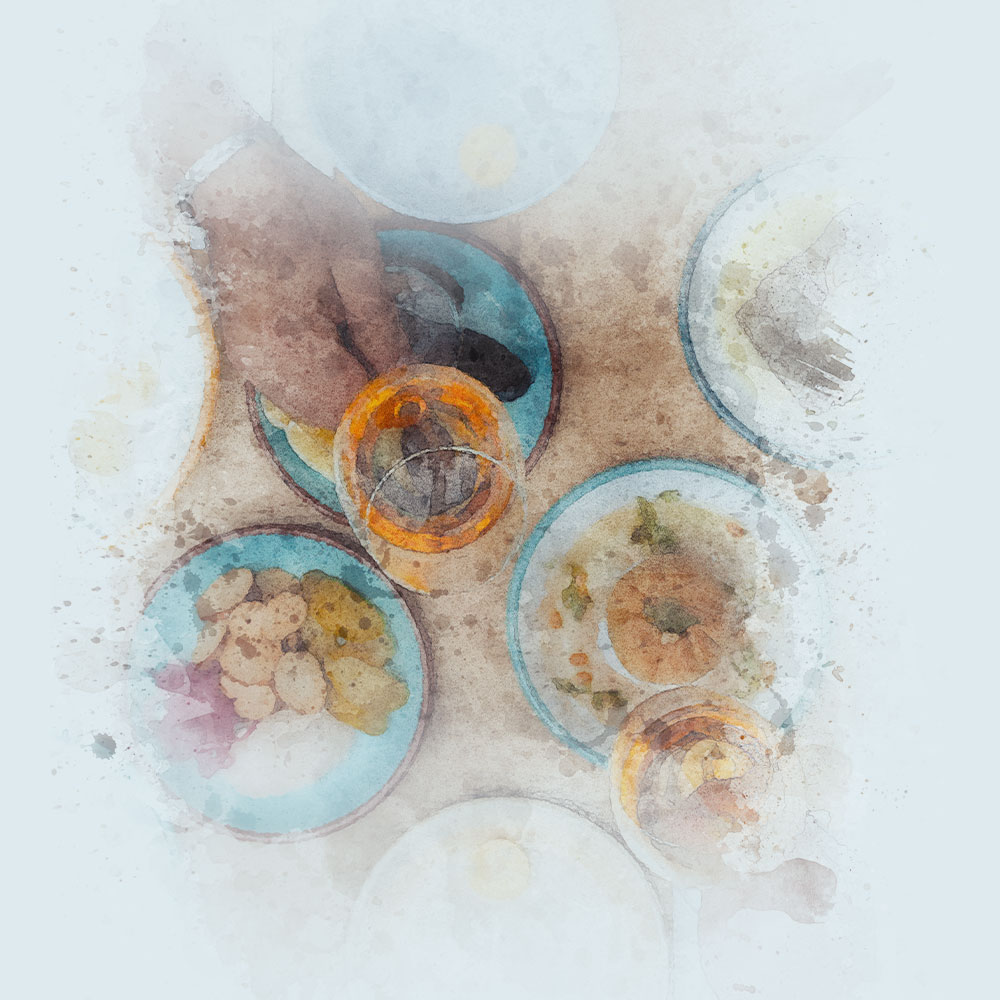
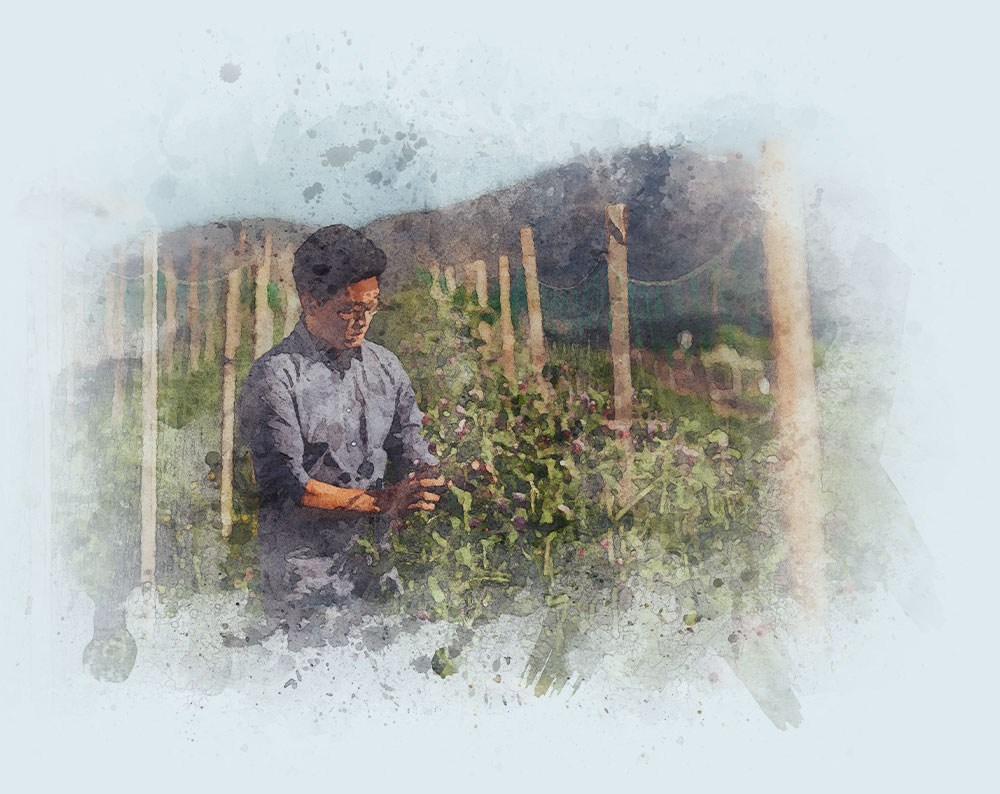
On Agriculture and the Environment
Elena Valeriote reports on biodiverse farming practices and consumer education in “Girl & Dug Farm: A Model for a More Diverse Food System.” Carly DeFilippo makes a case for regenerative ranching. Rezina Habtemariam reports on how contaminated bodies and ecosystems by pesticide use on banana plantations in the French Caribbean reveals the ongoing aftermath of colonial violence in “On the Afterlife of the French Caribbean.” Nicole Ziza Bauer writes of the complexities of climate change in “The World and What We Eat.” Michael Butterworth explores how an heirloom variety of wheat preserved by the Akimel O’odham offers greater flavor and health benefits, and its restoration will sustain generations to come in “White Sonora Wheat Carries the Legacy of Native American Farming.”
On Foodways
Kevin Vaughn reports on how independent fishermen have always fed Argentina, until an industry for export pushed them to the margins, and their struggle to reclaim control of their oceans in “Artisan Fishermen Reconnect Argentina To Its Oceans.” Tšhegofatšo Ndabane writes of how sorghum and the women who know it best could be the custodians of food sovereignty in “The Sorghum Agenda.” Ferron Salniker talks to a farmer, foodservice distributor and chef about the challenges they still face getting food to the plate in “Voices from the Food Supply Chain.”
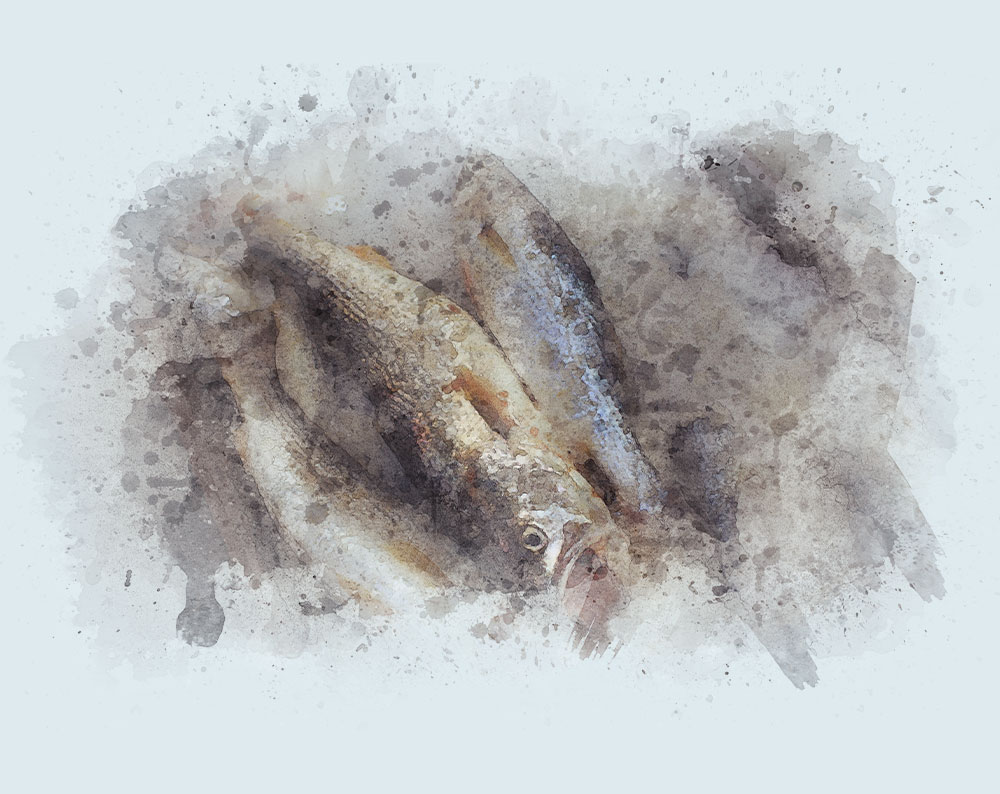
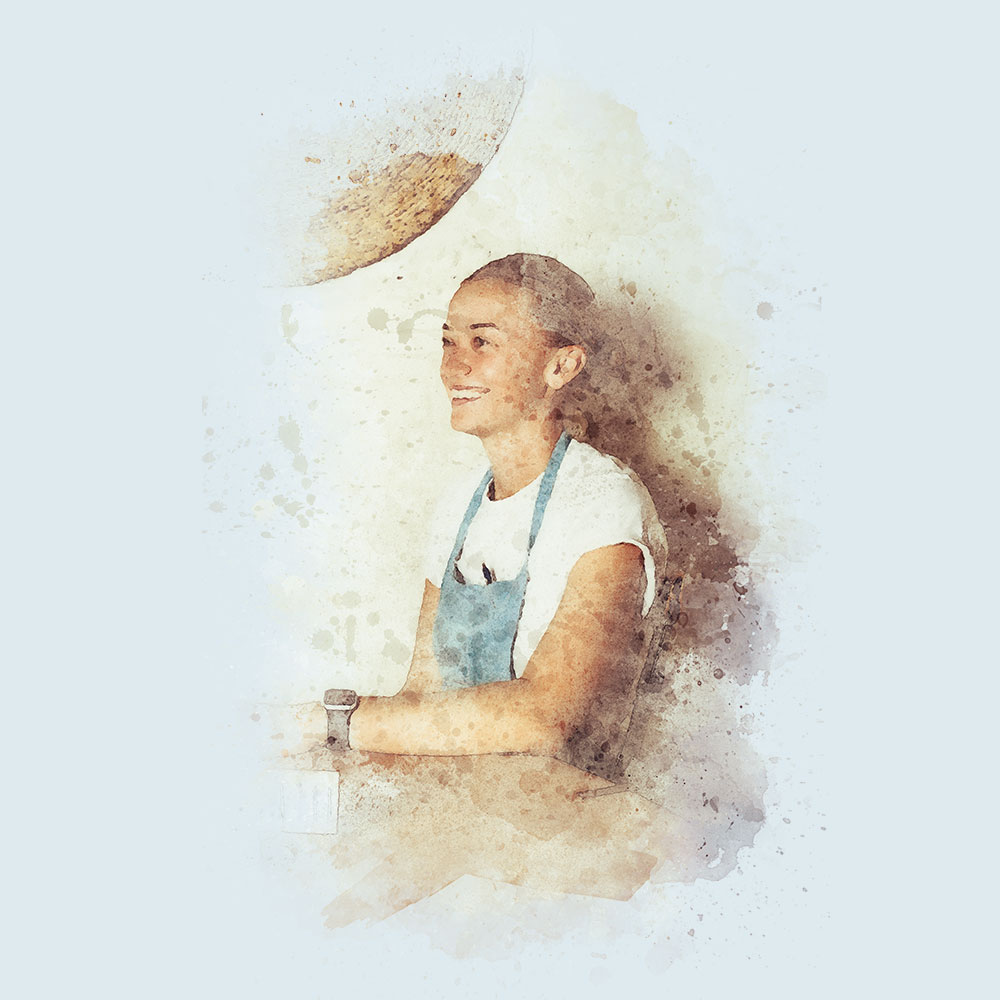
On Restaurants
Clarissa Wei writes about Dolan’s, a Uyghur restaurant in Los Angeles County using food to bring attention to the genocide in Xinjiang, and Los Angeles’ Kato Restaurant, where the dishes are edible mnemonic devices for Asian Americans. Rebecca Roland shares stories behind dishes from Rustic Canyon, Birdie G’s, Bar Le Côte and Dacha 46 for our column, “What’s the Dish,” and writes about how Bell’s in Los Alamos honors locality.
Recipes
Make feijoada with a recipe from Chef Victor Vasconcellos of Paulista Deli. Nicole Ziza Bauer shares a recipe for pirozhki with meat and onion filling. Roxana Jullapat shares her recipe for spelt blueberry muffins. Plus, in honor of the holiday season, we asked restaurants from around the world to share recipes for winter cocktails that you can replicate at home.
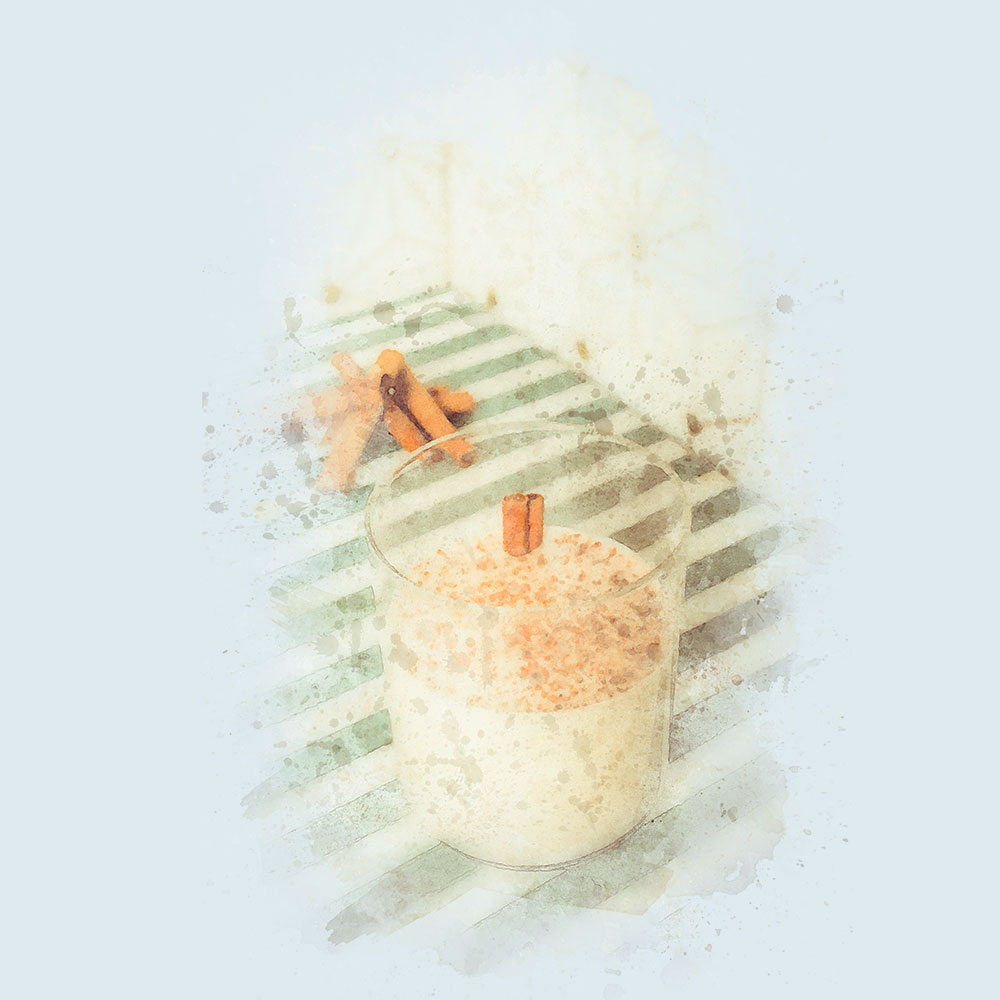
Life & Thyme Post
This year, we released two editions of Life & Thyme Post—The History Issue and The Industry Issue. Our paper continues to be supported by Life & Thyme members, without whom we would not be able to do this work.
In The History Issue, we open an inquiry into our global history to see the reverberations of the past on the present, and arguably, the future as well. As we explore the past throughout this issue, a common thread of colonialism and its expressions in capitalism, conquest and beyond, weaves itself through these narratives. The ghosts of colonialist policies continue to haunt our present, propagated by systems founded on them. This issue features stories including “Restoring Ancestral Seeds To Indigenous Communities” by Elena Valeriote, “The Lone Fisherman” by Kayla Stewart, and “In Buenos Aires, Bread Tells the Story of Resistance” by Kevin Vaughn.
The Industry Issue was born from conversations we had internally, and amongst our communities about the reality restaurants and the hospitality industry are currently facing, and where their hopes for the future lie. For communities around the globe, restaurants offer a means of connection through a common language: food. But for the past 21 months (and counting), the industry has lived in uncertainty as the places we gathered closed their doors, workers lost their jobs, and weaknesses in our supply chains were exposed. But this industry, and the people behind it, are tenacious, and there’s no going back to the way it was before. In this issue, we explore how the industry turned to support their communities and used this moment to fight for a better and more equitable future for workers, purveyors, farmers, fishermen and beyond.
Virtual and In-Person Programming
This year, we had the opportunity to collaborate with NeueHouse on two in-person events for Life & Thyme members. In September, we hosted an evening of cocktails and storytelling spotlighting the producers and purveyors who craft the diverse tapestry of the spirits industry. The evening featured cocktails and a from No Us Without You using gin from AMASS, as well as a conversation around the work of both organizations. In November, Life & Thyme members were invited to an exclusive early screening of Julia at NeueHouse, which was followed by a Q&A with the Academy Award-nominated directors Julie Cohen and Betsy West.
In addition to our in-person programming, we hosted two webinars this year—“Equity and Innovation in Food Sourcing” and “Can Breadfruit Help Solve Hawaii’s Reliance on the Mainland?”—which are both available to watch in-full online.
Conclusion (And Some Thank Yous)
The work we do wouldn’t be possible without the support of our Life & Thyme members, who we are proud to have as part of our community. If you want to support our independent journalism, the best way is by joining us as a member, and sharing Life & Thyme with the people in your life.
Life & Thyme would not be what it is without the unending work from our team: Antonio Diaz, Gia Hughes and Hector Pacheco. These names may not be the ones you’re used to seeing in bylines, but there is no Life & Thyme without them.
We are a global publication because of our network of contributors who dedicate themselves to telling stories around the intersection of the social, political and environmental issues we face today, all through the lens of food. We are constantly honored to work with these individuals and are proud to share their stories.
And finally, here’s to you, or anyone that has spent any amount of time with Life & Thyme. These stories are for you and we hope they offer you whatever you have needed this year—whether that’s been a new recipe, in-depth reporting, or just a story to curl up with.
Thank you, and we can’t wait for what’s next.

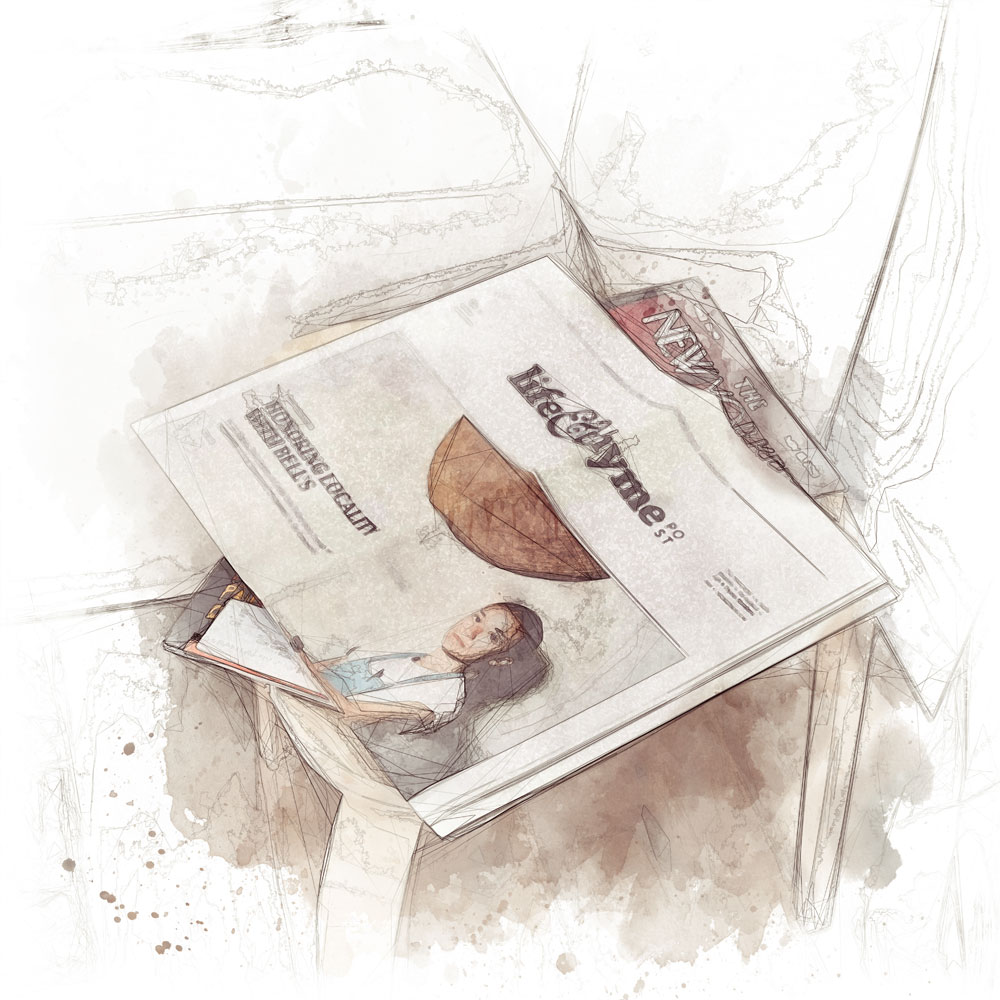


Our comments section is for members only.
Join today to gain exclusive access.